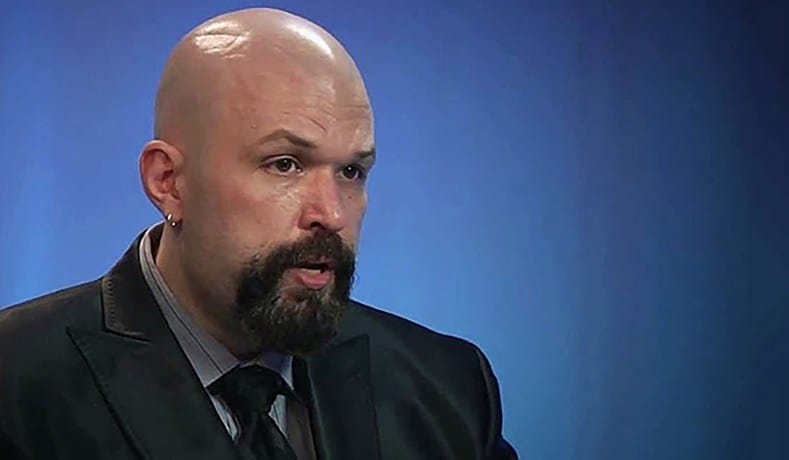Polarization Runs Deeper Than Social Media, Says National Review Correspondent
July 16, 2020 — Social media is not exacerbating the problems of American public discourse, said the National Review’s Kevin Williamson in a Lincoln Network webinar Thursday. The event, titled “Social Media’s Impact on Free Speech,” featured a discussion between Williamson and the Lincoln Network’s










Member discussion